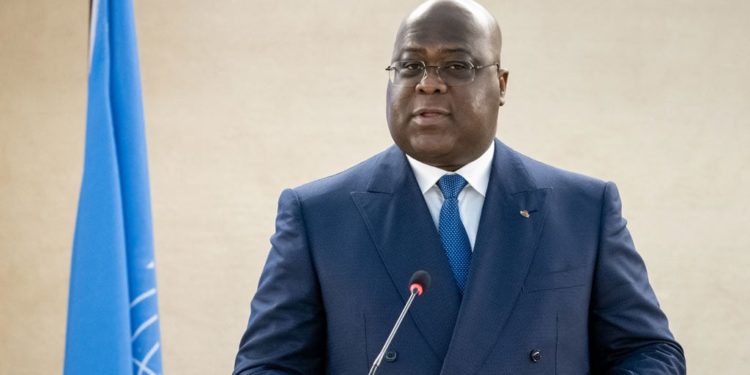By Patrick Ilunga
Congolese voters are now waiting for the spinning coin after the National Independent Electoral Commission (Ceni) started to count ballots to determine who of the 26 candidates won the presidency.
Exit projections have signalled a victory for President Felix Tshisekedi.
Eight candidates pulled out of the race to either back him or opposition heavyweight Moise Katumbi. Whatever happens in the vote count, the next DRC president, expected to be announced on January 10, 2024, by the Constitutional Court, will face an immediate challenge to righting many wrongs and rebuilding the economy and bridges with Congo’s neighbours.
The new president will still face the task of building the economy and removing DRC from the list of the top five poorest nations in the world. The cost of living has increased and the country relies heavily on imports of basic foodstuff. The depreciation of the Congolese franc has pushed up inflation, which surged to 23 percent year- on-year in July 2023, according to the International Monetary Fund (IMF).
Mr Tshisekedi negotiated a $1.5 billion programme with the IMF in July2021, the first since the IMF broke ties with Kinshasa in 2012 under President Tshisekedi’s predecessor Joseph Kabila, Reuters reported in November.
More than 26 million people require humanitarian assistance, in part be- cause of rampant insecurity, data from
the United Nations’ International Organisation for Migration show. In 2022, nearly 62 percent of Congolese, around 60 million people, lived on less than $2.15 a day. About one out of six people living in extreme poverty in sub-Saharan Africa lives in DRC.
The mining sector remains the driver of growth although mining output growth is projected to slow to 11.7 percent in 2023, from 22.6 percent in 2022, according to the World Bank.









